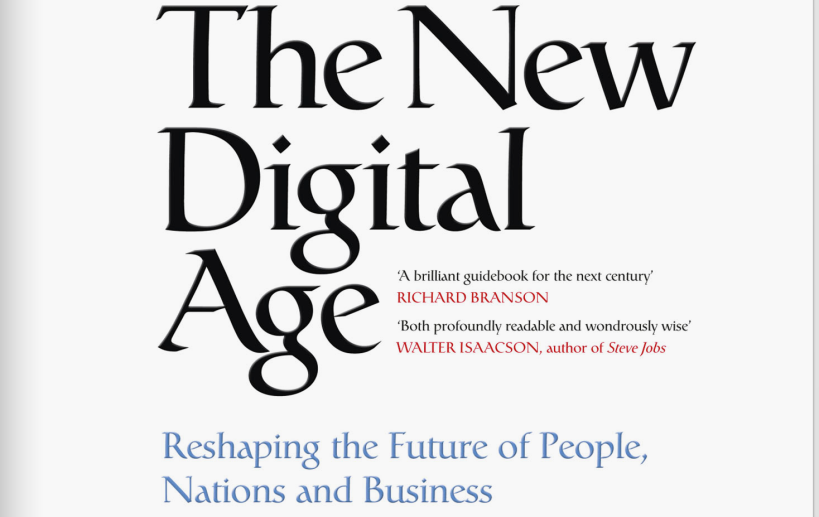I think there were only two more chapters to go, when I started to google the facts in Michael Lewis’ „Flashboys“. The story about a transparent exchange that fights intransparent market places and high-frequency traders (HFT) just seems unbelievable. But as promised by the author, all the characters really exist. Well, of course, it is a non-fiction book. But the inconceivability of the story unfolding, as well as the sheer amount of money shifted in HFT globally, and the way Lewis portrays the fight of Brad Katsuyama make it hard to believe. But I guess, it is just pretty well written.
„The unit of trading was now milliseconds, but the records kept by the exchanges were by the seconds. There were one million microseconds in a second. It was if, back in the 1920s, the only stock market data available was a crude aggregation of all trades made during the decade.“ (81)








